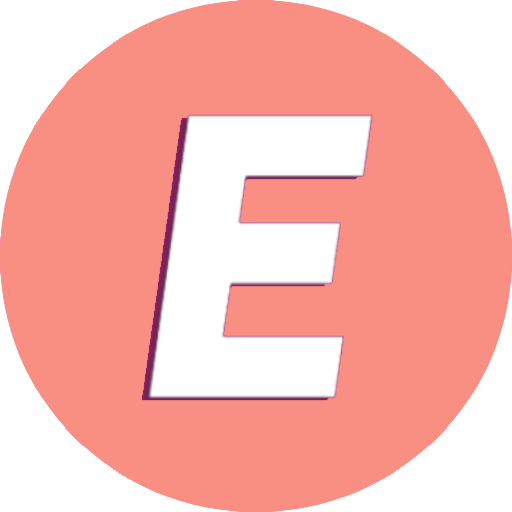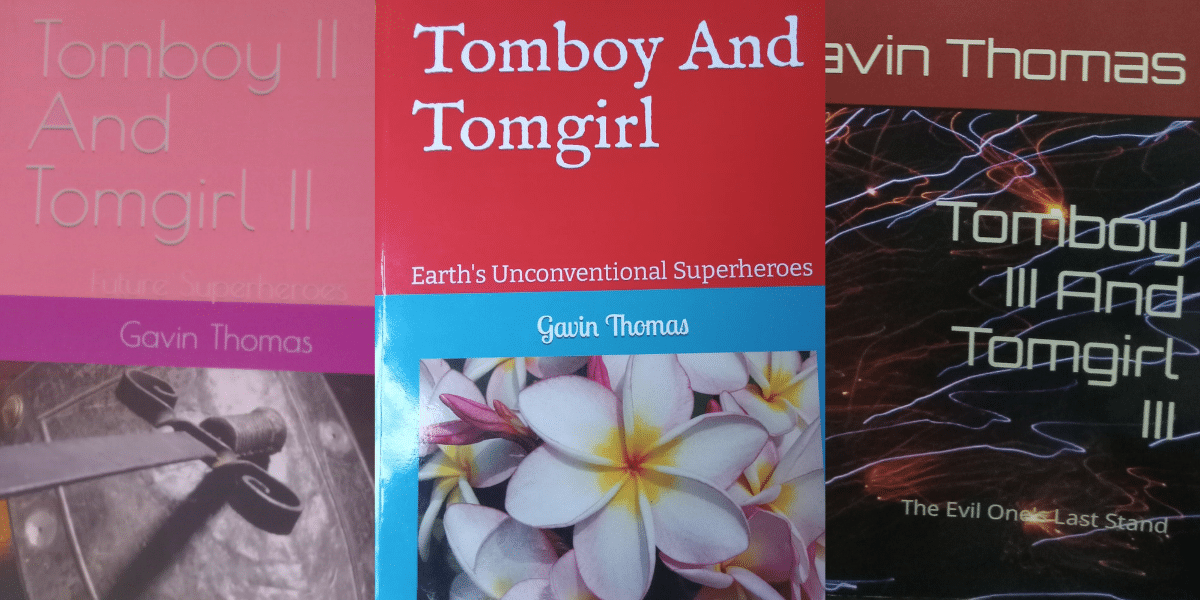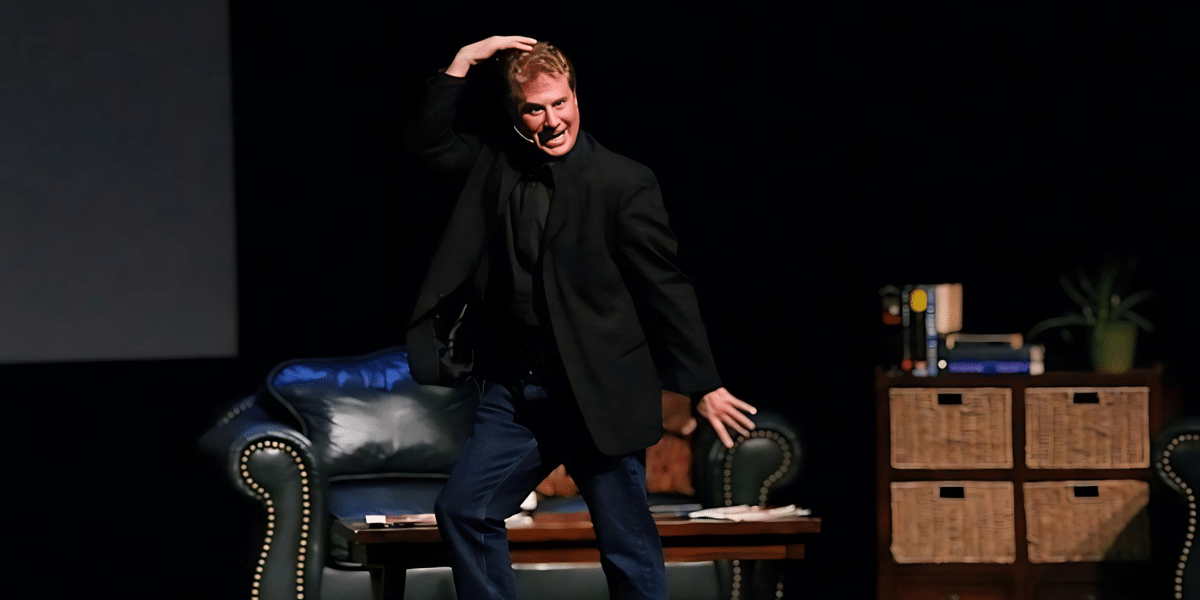Danish Connection by Keith Thye invites readers into the raw and veritable world of Bjorn Dansgaard, offering a lens into a life sculpted and battered by the epochal events of the 20th century. Here, we explore a detailed and enlightening journey through an extensive historical canvas, illustrating the challenges of an individual who stands amidst the collisions of cultural, historical, and personal battles.
Bjorn, a character entrenched in dual cultures, is sculpted by his Danish ancestry and the omnipresent German dominion, particularly palpable with the outbreak of World War I. His experiences, from being conscripted into the German army, bearing the anguish of battle and injury, to attempting to stitch together a semblance of post-war life, create a narrative that is replete with the nuances of historical and personal struggles. His journey, notably his endeavors in establishing businesses amidst the peaks and troughs of the century and navigating through the intricate and often abrasive relationships with his children and estranged partner, Karla, unfolds across the sprawling pages of this novel.
Thye’s exploration into Bjorn’s civic schizophrenia – a soul tethered between his cultural identity and obligatory allegiance to a conflicting national identity – offers a robust, albeit challenging commentary on the fractures that historical upheavals impose on individual identities and allegiances. Readers may find themselves contemplating the depth and chaos of a psyche torn between cultural roots and the uncompromising hammer of political dictates.
While the expansive historical backdrop sometimes appears to overshadow the more intimate familial narratives, this methodical approach allows readers an immersive dive into the socio-political landscapes that continually mold and pressure the protagonists. The evolving and, at times, abrasive dynamics, especially with his Nazi-sympathizer son Tor, augment the complexity of navigating personal relations amidst political and ideological chasms.
Danish Connection serves a rich, albeit meticulous, plate of history, presenting it not just as a stage but as an active participant in the molding of lives, dreams, and relationships. The prose may prioritize straightforward depiction over emotive exploration, providing a clear, unembellished window into a world where the characters grapple with the relentless waves of historical and personal calamity.
The narrative may ebb and flow between the intensely personal and broadly historical, crafting a path that allows readers to meander through time, witnessing the creation, destruction, and re-creation of a man’s world through his eyes, set against a backdrop of a Europe in relentless flux. This narrative style offers an amalgamated perspective that intertwines the individual within the vast expanse of history.
In Danish Connection, readers are offered a front-row seat to witness the ravages of war, the dissonance of conflicting loyalties, and the relentless pursuit of stability amidst chaos. It is within these exhaustive historical sweeps and the microcosm of Bjorn’s disjointed familial and cultural ties that the book seeks to convey the ubiquitous struggle and persistence that underscores human existence through trials and tribulations. Readers who seek to untangle the web of historical narratives and appreciate a protagonist moving amidst them might find this voluminous journey a thought-provoking exploration.
Interview with the Author:
- Why was DANISH CONNECTION important to write about for you and for others?
My wife and I were having a conversation about our childhoods, and she mentioned her grandfather, who was born in northern Germany, said something about a conflict between Germany and Denmark around the turn of the 20th century. My father was Danish and moved to the United States in 1922 when he was twenty. He couldn’t speak a word of English. But was intelligent, anxious for a new life and quickly assimilated into his new country. He never spoke much of his early childhood, or at least I don’t remember it as a young child, but I do know that his move was just four years after the end of World War I in 1918. Living through that war, I wondered how it affected his family, so I did some research and found my wife’s grandfather’s statement was of relevance.
The result is Danish Connection, a historical novel of four generations of the Dansgaard family spanning eight decades of the twentieth century. The first half of the book takes place in Europe, with the remnants of the family moving to the United States in the second half. The historical events that transpired throughout the century were monumental and impactful on the choices the family members make.
This book was important for me to write about this obscure fact from Danish history, how it affected Danish culture, particularly in Schleswig, and the consequences of war. It’s important to others because history repeats itself and we need to learn these lessons, although we often have short memories.
- What is it about your book that stands out from other historical fiction books?
Many historical books are 1000 pages or more and dive deeply into a few events through the period covered. Danish Connection is only 555 pages and covers a century, touching on most of the major events of the time but not dwelling on them. The second half of the book in America introduces the reader to the DARTS group, acronyms for five Danish immigrants that meet monthly to discuss current events. It’s a unique way to cover a lot of history as it’s being made. This group also, at the end of each decade, reflects on interesting inventions that have been introduced. Danish Connection also draws the choices the family members make to the historical events taking place, spanning war, anguish, success, business and love.
- What do you hope readers learn and/ or take away from this saga?
History is so very important to choices that we, as individuals and groups, make on a daily basis. Unfortunately, we often don’t remember or choose not to. A perfect current example of this is the conflict between Russia and Ukraine. The 1864-1920 war between Denmark and Germany is a minor example; World War one and two are major. But here we are again, possibly facing a conflict that could erupt into a European and possibly world event.
An equally important lesson to be learned from this book are the cultural and societal themes. Danish Connection is a story of Nazi, Jewish, Black, White and American Indian. These groups have their differences, to be sure, but can learn to live together. And that differences, often life altering, can be overcome through redemption and understanding. Lessons can be learned, and often it is history that paves the way.
- You decided to go the hybrid-publishing route. How has the process been for you?
Danish Connection is book number seven for me and I’ve used an independent publisher for each and been very happy. Elliott Wolf, Classic Day Publishing, and his team headed by Danielle Harvey, have been wonderful to work with. The best thing about going this route is that I have complete control of the process. They get the book to print and give great advice, but the final choice is mine.
- What advice would you give others in pursuit of writing or fulfilling a dream?
I came late in life to being an author, and have no regrets as I enjoyed two wonderful prior careers. But starting earlier would have been fun. If you have a dream of writing a book, to coin a phrase, just do it! But do it for passion, not money. It’s hard to make money as an author, especially now with ebooks.
- What’s next for you? Can we expect more books in the historical fiction realm or is the next another moto adventure?
Next up is a novel about a man who inherits his father’s empire, destroys it and his life and has a chance to disappear from life, assumed dead. This one may take a while.
- Currently reading?
Killers of the Flower Moon by David Grann
- Favorite book?
Pillars of the Earth by Ken Follett







